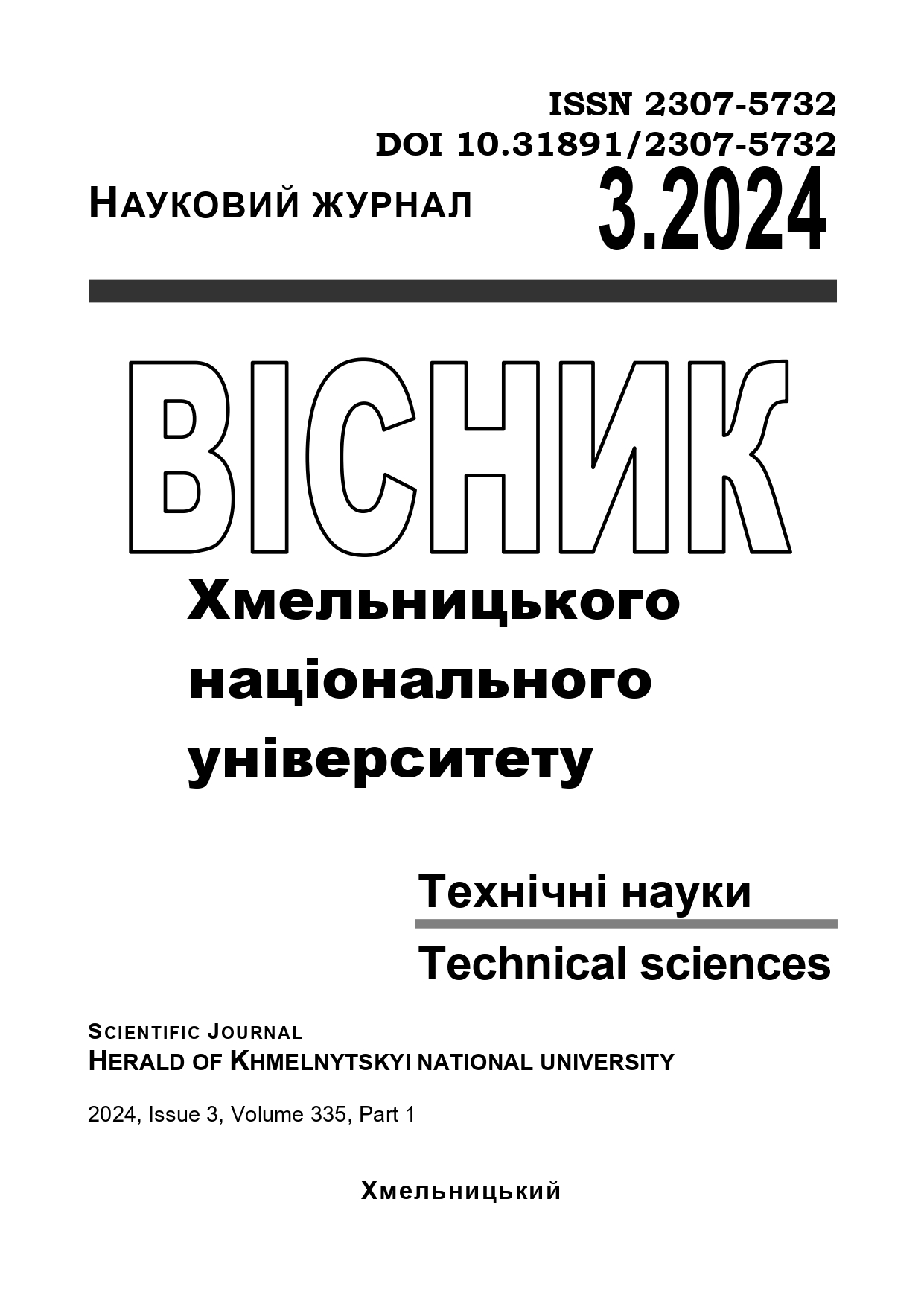RESEARCH METHODS FOR ASSESSING THE QUALITY OF CLOUD SERVICES, INCLUDING RELIABILITY, PERFORMANCE AND SECURITY METRICS
DOI:
https://doi.org/10.31891/2307-5732-2024-335-3-45Keywords:
cloud services, cloud service quality, cloud service quality assessment, cloud service metricsAbstract
In today's world, cloud services play an important role in the success of any global business. Evaluating the quality of these services is of paramount importance for companies and individuals who use them for their operations and data management.
This article is an analysis of various methods for assessing the quality of cloud services. Reliability, performance, and security metrics are discussed, and different assessment models are compared.
In the introduction, the authors describe the importance of cloud services and the need to assess their quality. This article provides an overview of cloud service quality assessment methods and shows how they can be applied to different aspects of these services. In the main part of the article, the author describes different methods of assessing the quality of cloud services and compares different assessment models. The author also provides examples of how these methods are used. The methods for assessing the quality of cloud services are discussed, covering reliability, performance, and security. While these metrics provide valuable insights into the performance of cloud services, some counterarguments highlight the potential limitations of using standardized metrics for evaluation. The author also recommends choosing a cloud provider and optimizing cloud services.
It is emphasized that reliability metrics, such as uptime and disaster recovery time, are important to ensure the smooth operation of cloud services. Performance metrics, such as response time and throughput, indicate how quickly and efficiently cloud services can process data and requests. Security metrics, such as data encryption and access control, are important to protect data from unauthorized access and cyber threats.
The author also emphasizes the importance of considering subjective factors such as user experience and customer support when assessing the quality of cloud services. Finally, the author discusses various risk assessment models that can be used to assess the security of cloud services. The author proposes a new approach to assessing the quality of cloud services for educational institutions. This approach is based on using a combination of quantitative and qualitative indicators that consider the reliability, performance, security, and usability of cloud services.
In conclusion, the author recommends choosing a cloud provider and optimizing cloud services. Assessing the quality of cloud services is a complex process that requires a comprehensive and systematic approach. You need to consider various factors such as reliability, performance, and security, as well as your organization's individual needs and requirements.

